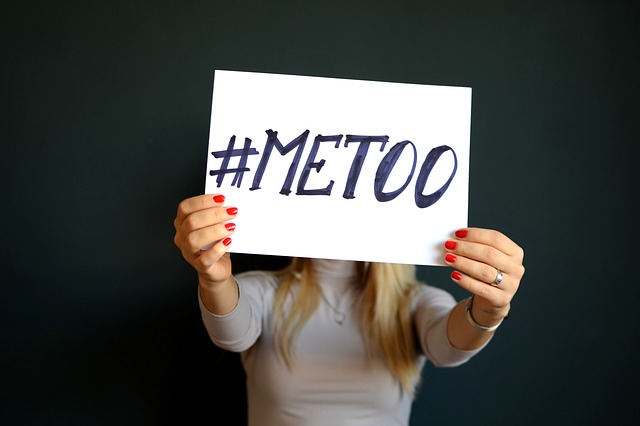Actions are needed now more than ever to prevent and respond to violence against all women and girls. Recently published edition of the Time magazine has named “The Silence Breakers,” representing people who came forward to report sexual misconduct, as its Person of the Year. It is a recognition of the cultural estimate sum of this year and the #MeToo movement, which represents the people, mostly women, who have fuelled a worldwide discussion about sexual harassment and assault.
This year’s honour for the elimination of violence against women has come at a unique moment, coinciding with the unprecedented mobilisation of millions behind #MeToo and other movements in an escalating global protest against sexual harassment and violence against women. UN agencies and partners called for seizing the opportunity created by the global outcry over sexual harassment and moving it towards concrete actions to better implement laws and policies to end violence against women once and for all.
Aligned with the 2030 Agenda for Sustainable Development, speakers highlighted the importance of reaching the most underserved and marginalised women and girls who are particularly vulnerable to violence.
Ms. Anna-Karin Jatfors, Deputy Regional Director of UN Women Regional Office said: “The #MeToo movement has revealed the silence of so many women and the long-lasting effects of violence. We have finally heard from women who were afraid to speak up, women who were silenced by powerful men and did not feel they could be heard. The world has seen that violence against women can happen to anyone, in any country, in any part of society. This movement has shown that everyone has a role to play in shaping our societies for the better. There is power in speaking out against harassment and violence in our homes, workplaces, universities and schools, and in the media. In the Asia-Pacific region, we see that violence can be prevented and that change is happening.”
Dr. Kingkarn Thepkanjana, Dean of the Faculty of Arts at Chulalongkorn University and Director of the BALAC Program shared that violence against women is an issue that affects millions worldwide. “By educating the next generation and involving young people in anti-violence initiatives, we can work to challenge violent behaviours and norms, and create a safer, fairer society for everyone,” said Dr. Thepkanjana.
One also needs to underline the crucial role that youth can play to prevent violence against women. Youth have the ability to question outdated thinking about gender roles and establish respectful relationships promoting gender equality.
Thank you for reading the story until the very end. We appreciate the time you have given us. In addition, your thoughts and inputs will genuinely make a difference to us. Please do drop in a line and help us do better.
Regards,
The CSR Journal Team


